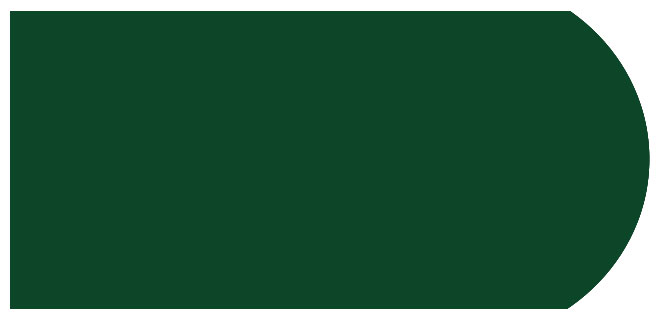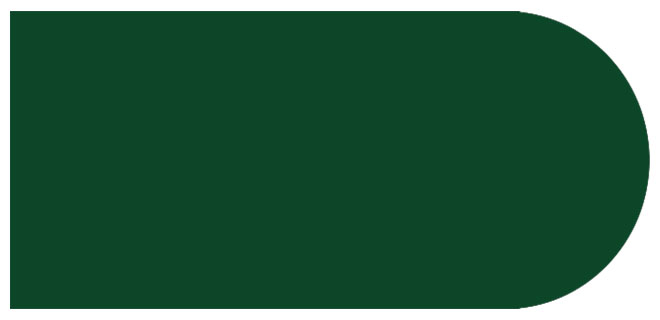Glass Edging
The edge of a piece of glass plays a crucial role in both the safety and longevity of the product. Properly edged glass reduces the risk of injury from sharp corners and helps ensure the structural integrity of the piece. Additionally, the right edge treatment can significantly enhance the overall design and appearance of the glass. At Abrisa Technologies, we use advanced fabrication techniques and state-of-the-art equipment to achieve high-precision glass edging for a variety of applications. Whether you need a smooth polished edge, angled and multilevel bevels, seams, corner dubbing, circle or flat ground, pencil, our glass edge treatments are designed to meet your specifications with the highest standards of quality we provide.
You may also be interested in What is a Seamed Edge and Why is it Important?
General Specifications
Contact us for edge treatments for thicker substrates in smaller sizes.
Flat Ground Edges
Diamond embedded grinding wheels put a satin finish on the edge.

Flat Polish Edges
Taking a ground edge another step, polishing the edges to give the glass a nice sheen finish.

Flat Polish Edges with Arris
This is a flat polished edge with polished chamfers (Arris).

Pencil Ground Edges
Diamond embedded grinding wheels put a satin finish on the edge, with an edge radius similar to pencil or C-shape.

Pencil Polished Edges
Edges are polished to a sheen finish, with radius similar to pencil or C-shape.

Safety Seamed Edge
Swiped & Chamfered Edges
A sanding belt is used to lightly sand off the sharp edge of the glass.

Dubbed Corners
Chamfered or Radius Corner
The sharp edge of each corner can be nubbed or broken as required.

Stepped and Route Surfaces
Glass is ground away to leave a step or lip.

Beveled Edges
3 Styles
Ground or polished bevels on glass or mirror, circles, rectangles to any degree can be provided.

Bullnose Edges
Half & Full
These are typically polished edges (can be ground if required) that are similar to pencil edges, the difference being that the bullnose edge is a full radius curve where the diameter matches the thickness of the glass substrate. There are specific profiles where the relief angles can be different, typically where aesthetics are important or for critical applications where the edge of the glass could affect functionality.

Half Bullnose

Full Bullnose
Learn more about Common Glass Edge Treatments.